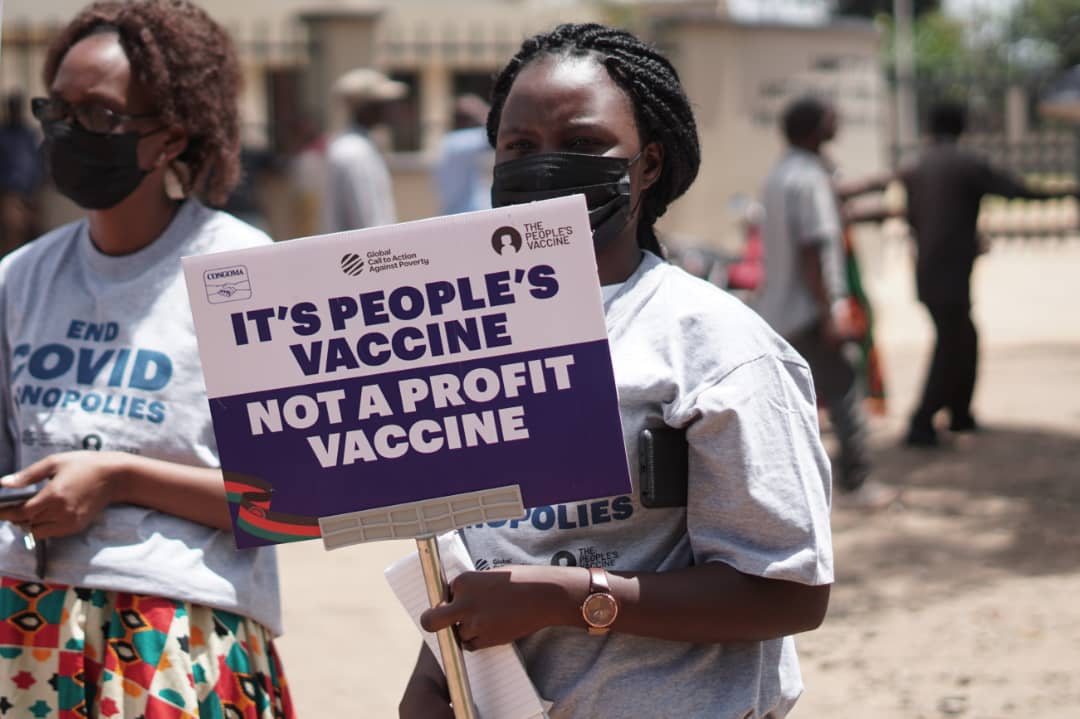Our Mission
OUR FOCUS
Supporting Pandemic Preparedness We are advocating for better pandemic preparedness, prevention, and response to avoid a repeat of the terrible failure during COVID-19.
Challenging Barriers
We are challenging trade and intellectual property barriers and pharmaceutical company behaviours that restrict access to lifesaving medical technologies for COVID-19 and other diseases. This includes addressing trade and intellectual property barriers.Advocating For Better Promoting public policy to build equitable access to medical technologies for all, including public funding for R&D, sharing technology and IP, and investing in diversified
manufacturing in the South such as through initiatives like
the mRNA technology transfer programme.
The alliance was formed in response to COVID-19 – in an attempt to advocate for a People’s Vaccine, available to everyone, everywhere free of charge. Our formative Manifesto aimed to lessen the predicted vaccine nationalism by and rampant profiteering by pharmaceutical companies.
You can read the original Manifesto below.
